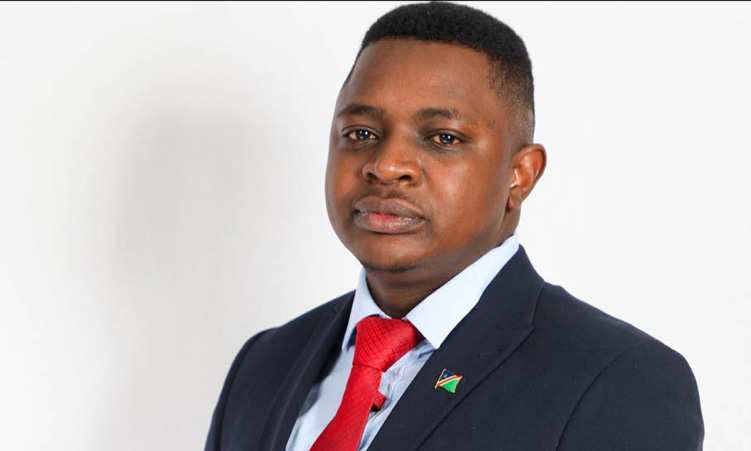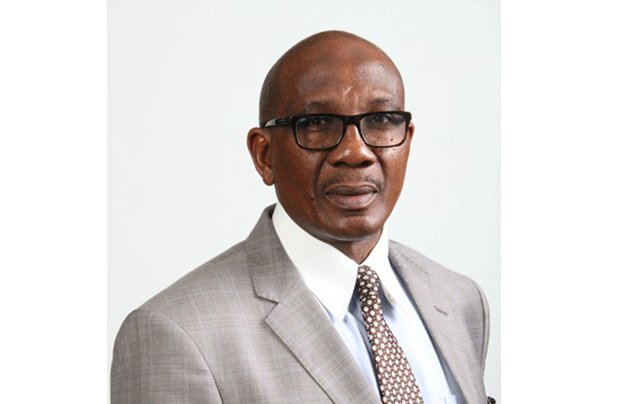Amid concerns about the legal status of the Namibia Film Commission (NFC), the government has announced plans to grant the commission full autonomy in the coming months.
Concerns have been raised that the Namibia Film Commission Act (6 of 2000), which established the commission, has never been enacted.
An anonymous legal consultant says the act was never properly implemented, with the commission’s operations only starting in 2004 triggered by the making of the film ‘Namibia – The Struggle for Liberation.’
The consultant referenced a 2019-article by the Legal Assistance Centre which says the parliament often passes laws that will come into force on a future date set by the relevant minister.
This system is generally beneficial as it allows time to establish administrative bodies and write regulations after the law’s content is finalised.
This process, however, can enable the executive to undermine the legislature’s decisions or to act without proper legal authority.
“I would think that an organisation that does not exist legally would have no authority to, for instance, enter into contracts or engage in other legal transactions,” the consultant says.
However, Ministry of Information and Communication Technology spokesperson Shoki Kandjimi says the act enabled the NFC’s operations.
He says the ministry is in the process of giving the NFC full autonomy.
“We are cognisant of the situation the NFC faces. . . We hope that the commission will in the next months become a fully fledged public entity with strong support from the government, to respond to the needs of the industry,” Kandjimi says.
He says the ministry will be looking at ways to increase the commission’s funding.
“It is important to reiterate our commitment towards developing the creative industry through areas such as the Film Development Fund,” Kandjimi says.
The NFC received a budget of N$6 million from the fund.
However, between 2004 and 2007, the government made N$80 million available for the creation of ‘Namibia: The Struggle For Liberation’.
This was the highest amount the NFC has spent on a single film since.
Kandjimi justifies the amount, saying it was a worthwhile investment, not only for the country’s history, but also for growing an industry where there was none.
“Many of our veteran film practitioners got their debut experiences from that project and they are doing very well today. We are truly proud that Namibia was able to execute an award-winning project which put us on the map in terms of quality and talent against the backdrop of a sought-after film location,” Kandjimi says.
Meanwhile, the NFC is currently faced with the appointment of a new board, which was delayed when communication minister Emma Theofelus blocked the appointment of two board members on the grounds that they previously served on the board.
The two members, veteran filmmakers Vickson Hangula and Marinda Stein, were selected to serve on the board by members of the Filmmakers Association of Namibia (FAN), alongside three other commissioners of the NFC.
However, Theofelus blocked their appointment and requested two other nominations.
In response, FAN chairperson Byron Joseph nominated himself and his deputy, Tjuna Daringo, Esther Beukes and Ronald James as alternatives.
“The FAN board is firm in its conviction that this decision is in the best interest of the film industry,” Joseph says.
Currently, the NFC board consists of Ziegie Willemse, Veronica Jeremiah, Abius Akwaake (chairperson), Caillin Basson and Uatirohange Tjiuoro.
Their term is extended until a new board is appointed.
Stay informed with The Namibian – your source for credible journalism. Get in-depth reporting and opinions for
only N$85 a month. Invest in journalism, invest in democracy –
Subscribe Now!










